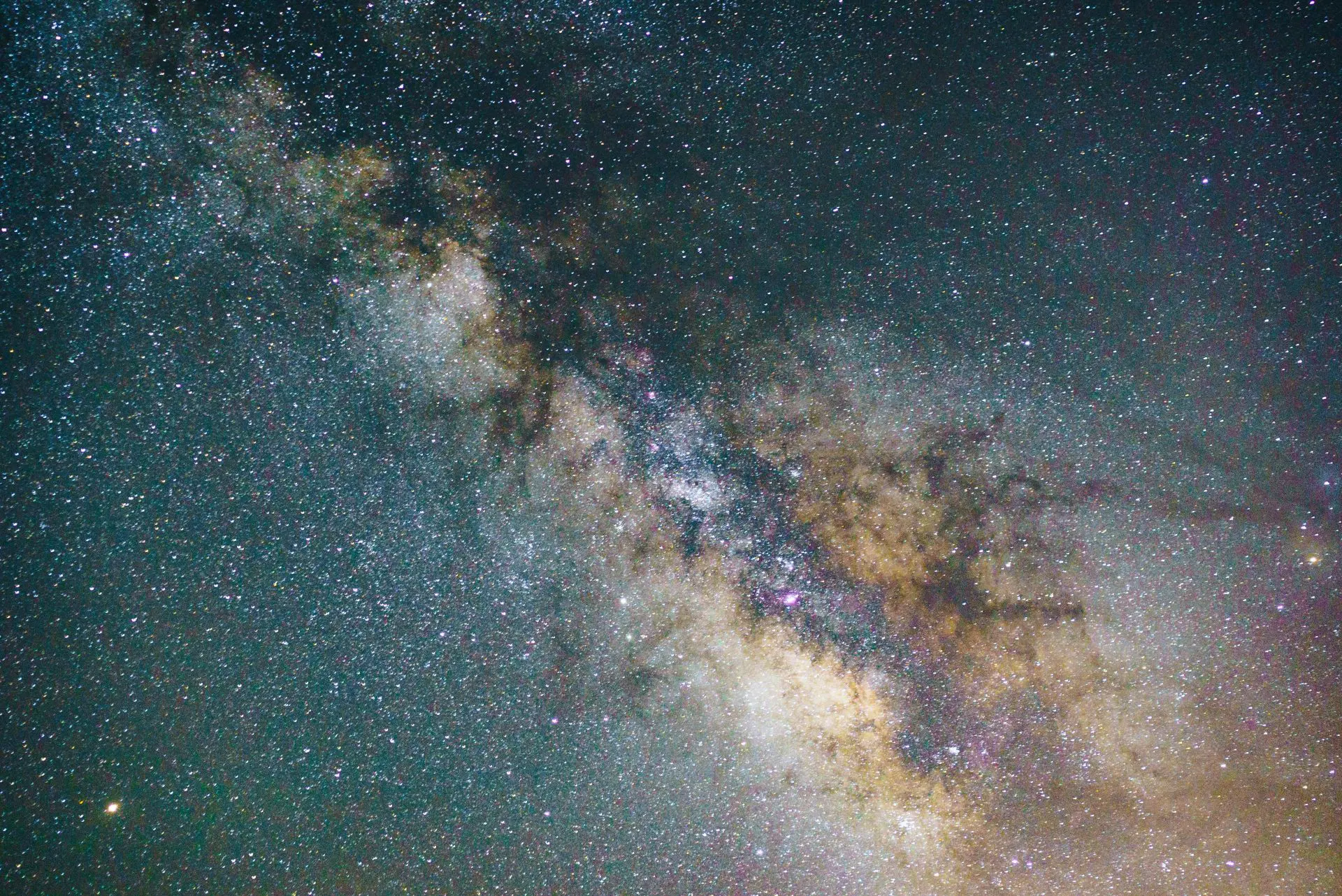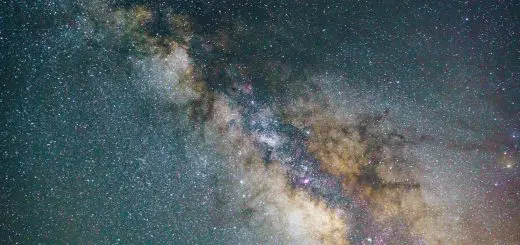Genies: Granting Wishes in Folklore

Looking for more amazing products? Check out our online store and explore our collection here! Happy shopping!
Before diving in, please note: This post is for informational purposes only. If you’d like to know more about how we approach topics, feel free to check out our friendly Disclaimer Page.
Hey there, amazing readers! 
We’re committed to delivering quality posts, and your support (even just sticking around despite the ads) means everything to us. So, bear with us, and thanks for helping us keep the good vibes rolling. Now, on to the fun stuff!
TRANSLATE BUTTON AT THE END OF THE ARTICLE
A Quick Overview
Genies, also known as jinn, have been a staple of folklore and mythology for centuries.
These supernatural beings are often depicted as powerful entities capable of granting wishes to those who summon them.
While genies are most commonly associated with Middle Eastern folklore, they can be found in various cultures around the world.
In this article, we will explore the origins of genies in mythology, their abilities and powers, famous genie stories in literature, their portrayal in popular culture today, and the truth behind the legend of these mystical beings.
Origins of Genies in Mythology
The concept of genies can be traced back to ancient Mesopotamian mythology, where they were known as "jinnu." These spirits were believed to possess magical powers and could either help or harm humans.
In Arabic folklore, genies are known as "jinn" and are said to be created from smokeless fire.
They are believed to inhabit a parallel world to that of humans, known as the world of the jinn.
The Concept of Genies Across Cultures
While genies are most commonly associated with Arabic folklore, similar supernatural beings can be found in various cultures around the world.
In Chinese folklore, for example, there are "shen," who are spirits that can grant wishes to those who invoke them.
In European folklore, creatures such as fairies and leprechauns also share similarities with genies in their ability to grant wishes.
Abilities and Powers of Genies
Genies are often depicted as powerful beings with the ability to grant wishes.
In addition to granting wishes, genies are said to possess other magical abilities, such as shapeshifting, invisibility, and the power to manipulate time and space.
They are also believed to have the ability to possess humans and influence their thoughts and actions.
The Three Wishes Trope in Genie Folklore
One common trope in genie folklore is the idea that genies will grant their summoner three wishes.
This trope has been popularized in stories such as "Aladdin and the Magic Lamp," where the protagonist is granted three wishes by the genie of the lamp.
However, these wishes often come with unintended consequences, teaching a lesson about the dangers of greed and selfishness.
Famous Genie Stories in Literature
One of the most famous genie stories in literature is "Aladdin and the Magic Lamp," a tale from "One Thousand and One Nights." In this story, Aladdin discovers a magical lamp containing a genie who grants him three wishes.
Another well-known genie story is "The Fisherman and the Jinni," also from "One Thousand and One Nights," where a fisherman releases a trapped genie who promises to grant him great wealth.
Genies in Popular Culture Today
Genies continue to be a popular trope in modern popular culture, appearing in films, television shows, and literature.
One of the most iconic depictions of a genie in popular culture is the character of Genie from Disney’s "Aladdin." This comedic and larger-than-life genie, voiced by Robin Williams, has become a beloved character for audiences of all ages.
Misconceptions About Genies
One common misconception about genies is that they are always benevolent and willing to grant wishes without consequences.
In reality, genies are often portrayed as tricksters who will twist the words of their summoner’s wishes to cause harm or chaos.
This serves as a cautionary tale about the dangers of making hasty or selfish wishes.
Genies vs. Jinn: What’s the Difference?
While genies and jinn are often used interchangeably, there is a distinction between the two in Islamic tradition.
Jinn are supernatural beings created from smokeless fire, while genies specifically refer to the magical beings capable of granting wishes.
Jinn are believed to have free will and can be good or evil, while genies are typically portrayed as neutral entities bound to fulfill the wishes of their summoner.
Genies in Islamic Tradition
In Islamic tradition, jinn are mentioned in the Quran as beings created by Allah from smokeless fire.
Jinn are believed to inhabit a parallel world to that of humans and have the ability to shapeshift and possess humans.
While some jinn are believed to be malevolent, others are said to be benevolent and can even convert to Islam.
Genies in Western Fairy Tales
In Western fairy tales, genies are often portrayed as magical beings who grant wishes to those who free them from captivity.
This trope can be seen in stories such as "Aladdin and the Magic Lamp" and "The Fisherman and the Jinni." These tales often emphasize the importance of gratitude and the consequences of greed.
Are Genies Real? The Truth Behind the Legend
While genies are a popular trope in folklore and mythology, there is no concrete evidence to suggest that they actually exist.
The concept of genies likely originated as a way to explain the unexplainable and to convey moral lessons through storytelling.
Despite this, the legend of genies continues to captivate the imagination of people around the world, inspiring countless stories and myths.
Conclusion
Genies have been a fascinating and enduring element of folklore and mythology for centuries.
From ancient Mesopotamian mythology to modern popular culture, these mystical beings have captured the imagination of people around the world.
While the truth behind the legend of genies remains a mystery, their portrayal in stories and tales serves as a reflection of human desires, fears, and aspirations.
Whether seen as benevolent wish-granters or mischievous tricksters, genies continue to enchant and intrigue audiences of all ages with their magical abilities and timeless stories.

The Enlightenment Journey is a remarkable collection of writings authored by a distinguished group of experts in the fields of spirituality, new age, and esoteric knowledge.
This anthology features a diverse assembly of well-experienced authors who bring their profound insights and credible perspectives to the forefront.
Each contributor possesses a wealth of knowledge and wisdom, making them authorities in their respective domains.
Together, they offer readers a transformative journey into the realms of spiritual growth, self-discovery, and esoteric enlightenment.
The Enlightenment Journey is a testament to the collective expertise of these luminaries, providing readers with a rich tapestry of ideas and information to illuminate their spiritual path.
Our Diverse Expertise
While our primary focus is on spirituality and esotericism, we are equally passionate about exploring a wide range of other topics and niches 

To ensure we provide the most accurate and valuable insights, we collaborate with trusted experts in their respective domains 
Our blog originally focused on spirituality and metaphysics, but we’ve since expanded to cover a wide range of niches. Don’t worry—we continue to publish a lot of articles on spirituality! Frequently visit our blog to explore our diverse content and stay tuned for more insightful reads.
Hey there, amazing reader! 
Check out our store here and take a peek at some of our featured products below! Thanks for being awesome!











